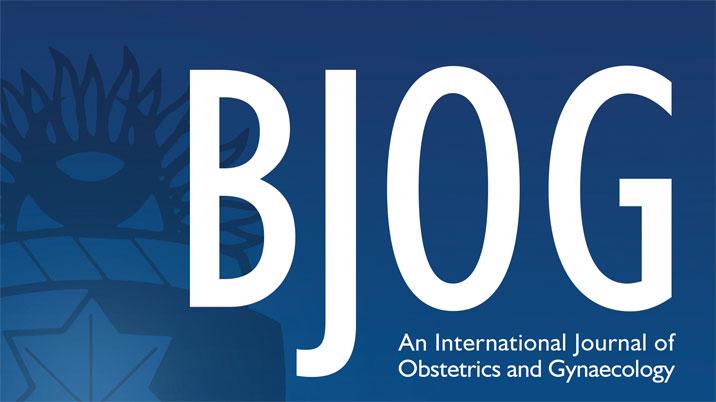
A group of OB/GYNs in the Middle East with a history of testing the patience of editors has lost a paper — and received in expression of concern for another — over concerns about the validity of their data.
The articles appeared in the BJOG, a Wiley publication. Both were led by Mohammad Maher, who is affiliated with Menoufia University in Egypt and the Armed Forces Hospital Southern Region, in Saudia Arabia.
Maher was first author of a 2017 paper in Obstetrics & Gynecology that the journal retracted earlier this year, after the editors were unable to resolve serious questions about the reliability of the data. As the retraction notice states, the journal made little headway with Menoufia University when it tried to follow up on concerns that the researchers’ results were almost certainly fabricated.
Continue reading ‘Patterns in the data have led to questions’: Ob-gyns lose another paper






